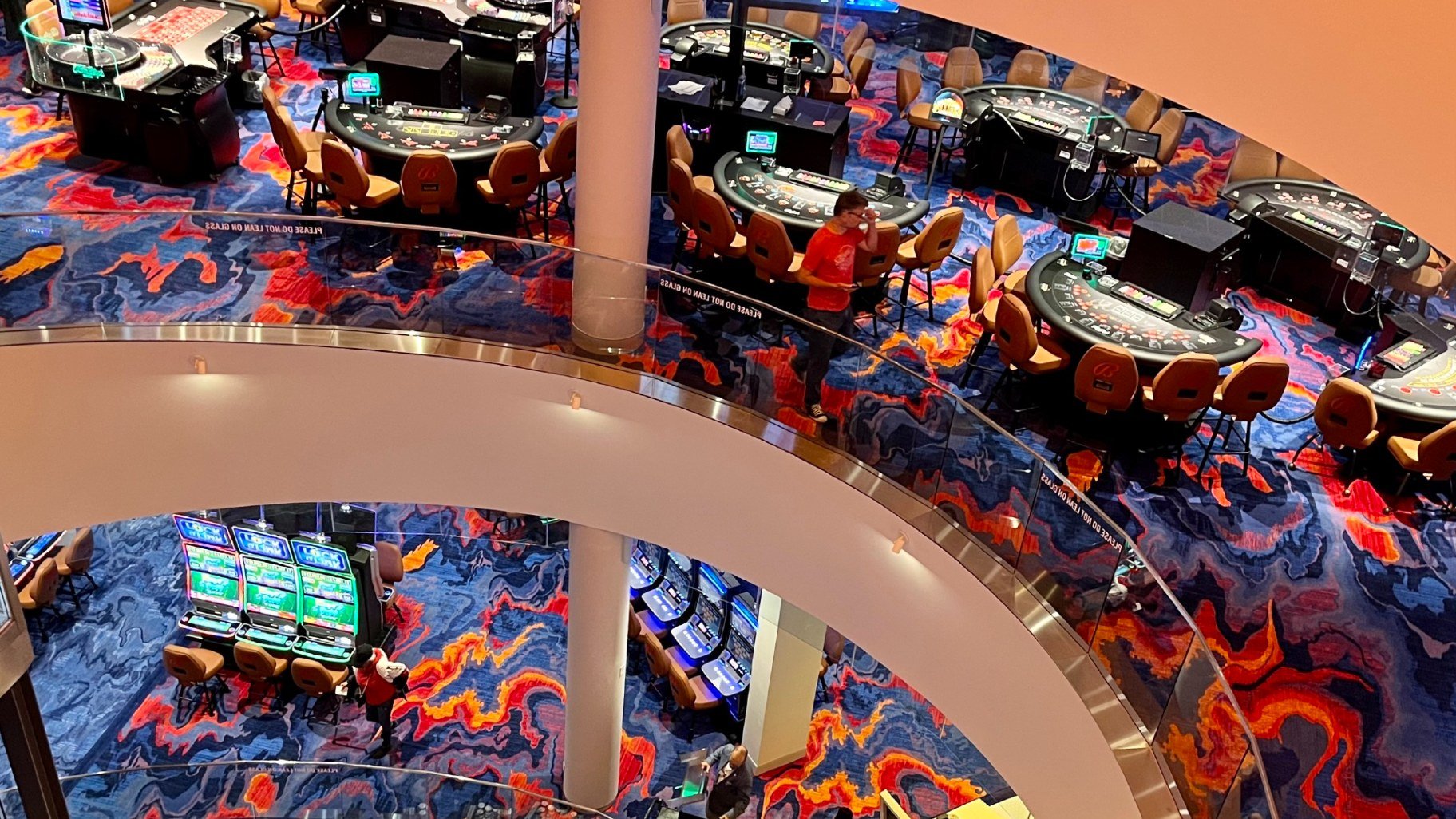
Casino gaming has long been a topic of interest and debate, attracting millions of players globally. With a blend of chance, skill, and the thrill of uncertainty, casino games offer an exhilarating escape from everyday life. However, as entertainment becomes ever more accessible, it calls for a more thorough examination of the ethical implications surrounding these games.
At the heart of the discussion lies the question of whether casinos promote safe gambling or take advantage of vulnerable individuals. https://king88a.org/ The appeal of potential winnings versus the truth of losses can create a challenging dynamic, and understanding this balance is essential for both players and operators. As we delve into the morals of casino gaming, we will explore the responsibilities of casinos, the effects on society, and the steps that can be taken to foster a healthier gaming environment.
The Impact of Casino Gaming on Society
Casino gaming has a notable influence on the community, affecting not only the economy but also interpersonal dynamics and local frameworks. The funds generated from casinos can lead to employment opportunities and boost regional economies, as they provide multiple employment opportunities in multiple fields including food and beverage, entertainment, and shopping. However, while the economic advantages can be significant, communities often grapple with the possible negative impacts that arise from increased gambling activity.
Additionally, the presence of casinos can lead to an rise in gambling addiction, presenting serious challenges for players and families. The excitement of casino games can quickly evolve into a habitual habit, affecting connections with others and leading to financial instability. Many players may struggle with the loss of control over their gambling behaviors, resulting in a need for assistance programs and help to address this increasing issue. The social cost of addiction can extend through families and neighborhoods, creating an urgent need for responsible gaming initiatives.
In addition to the economic and social ramifications, casino gaming often showcases cultural attitudes towards risk and leisure. It can encourage a sense of excitement and leisure, attracting tourists and boosting local travel. However, this allure may also conceal the wider implications of gambling as a method of entertainment, raising ethical questions about its promotion and accessibility. As communities weigh the advantages and drawbacks of casino gaming, the need for sensible approaches and regulation becomes increasingly critical in ensuring that the beneficial elements are maximized while minimizing the negative effects.
Moral Concerns in Gambling Practices
The morality of casino operations often revolve around the potential for addiction and its consequences on individuals and families. Gambling can lead to serious financial distress, impacting not only the betters but also their loved ones. As people become caught in the allure of winning, many lose track of their budget, which can result in devastating results such as insolvency. This raises moral questions about the duty of casinos in promoting responsible gambling habits and offering support for those who may be dealing with betting addiction.
Another critical issue is the promotion of gambling to vulnerable populations. Gambling establishments often target low-income individuals or neighborhoods with the offer of fast rewards, which can continue patterns of financial struggle and despair. In this context, the morality of advertising strategies used by gambling establishments come under scrutiny, as they may take advantage of the need of individuals seeking an way out from financial hardships. This exploitation raises moral questions about the honesty of the gambling industry and its obligation to protect its most vulnerable customers.
Additionally, the impact of casino gaming on the community as a whole cannot be ignored. While some argue that casinos create employment and boost local economies, others point to the community costs associated with dysfunctional gambling, increased crime rates, and a burden on public resources. Balancing economic benefits with the potential for social harm presents a complex ethical dilemma for lawmakers and gambling operators alike. The challenge lies in discovering a ethical approach that prioritizes the well-being of people and communities while still permitting for the enjoyment of gambling activities.
Regulation Structure and Obligations
The regulatory framework related to casino operations is designed to ensure equity, honesty, and player security. Various government entities and gambling commissions create and implement regulations that dictate how gaming operations function, the standards for game design, and the procedures for handling winnings. These regulations vary by jurisdiction but commonly involve licensing requirements for providers and rigorous measures to avoid cheating and fraud.
In furthermore to oversight bodies, casino operators bear major duty in preserving moral standards within their venues. They must adopt responsible gambling practices that support player safety and awareness, including providing self-exclusion options and providing information about the dangers related to betting. Establishments are also accountable for instructing staff to identify signs of problem gambling and know the appropriate measures to help patrons in distress.
Moreover, openness in casino operations is crucial for building and maintaining public faith. Casinos should offer clear information about the probabilities of activities, marketing deals, and any associated hazards. By creating an atmosphere of honesty and trust, gambling establishments can help mitigate the possible negative impact of betting while boosting the overall betting experience for all participants.